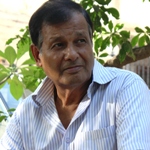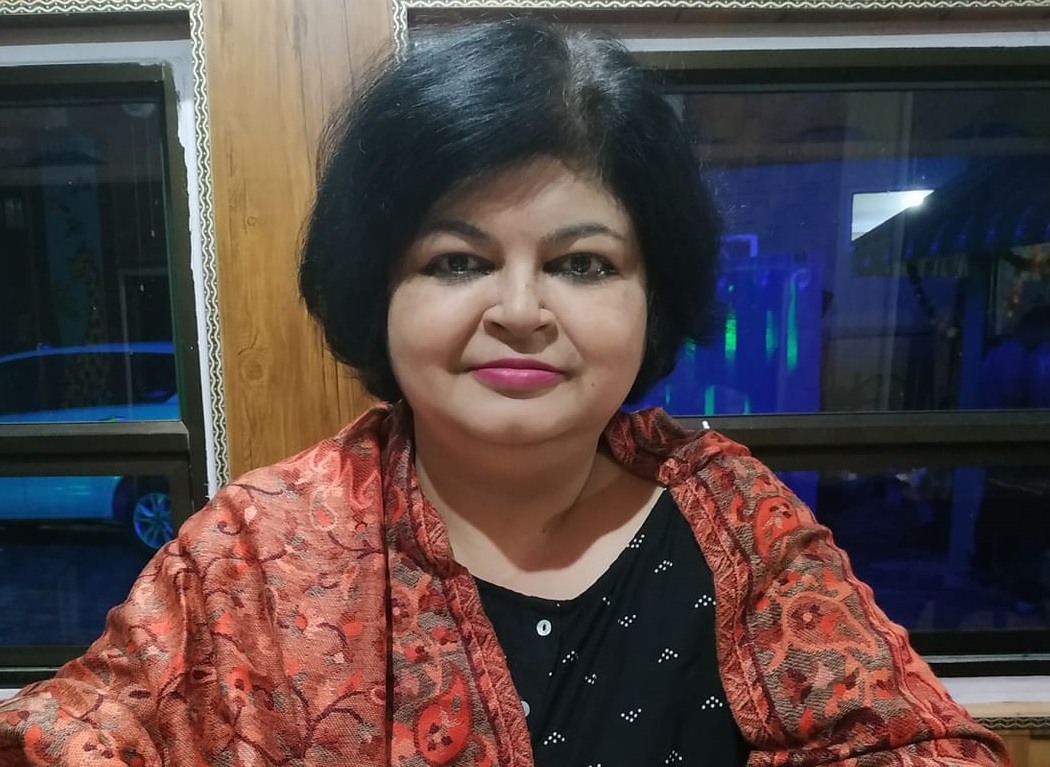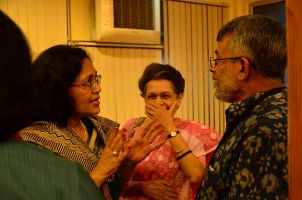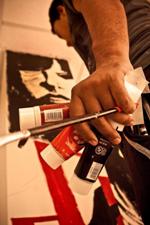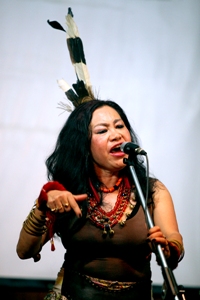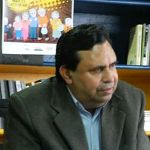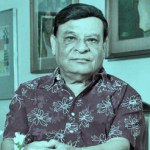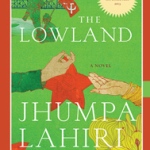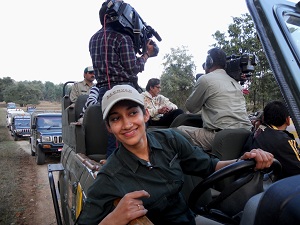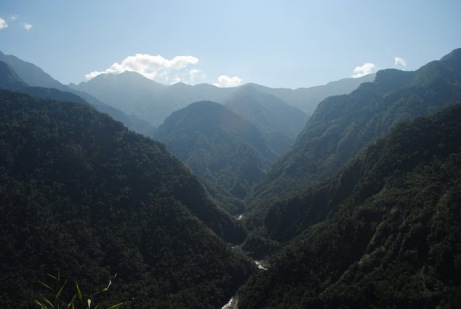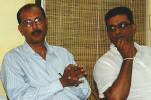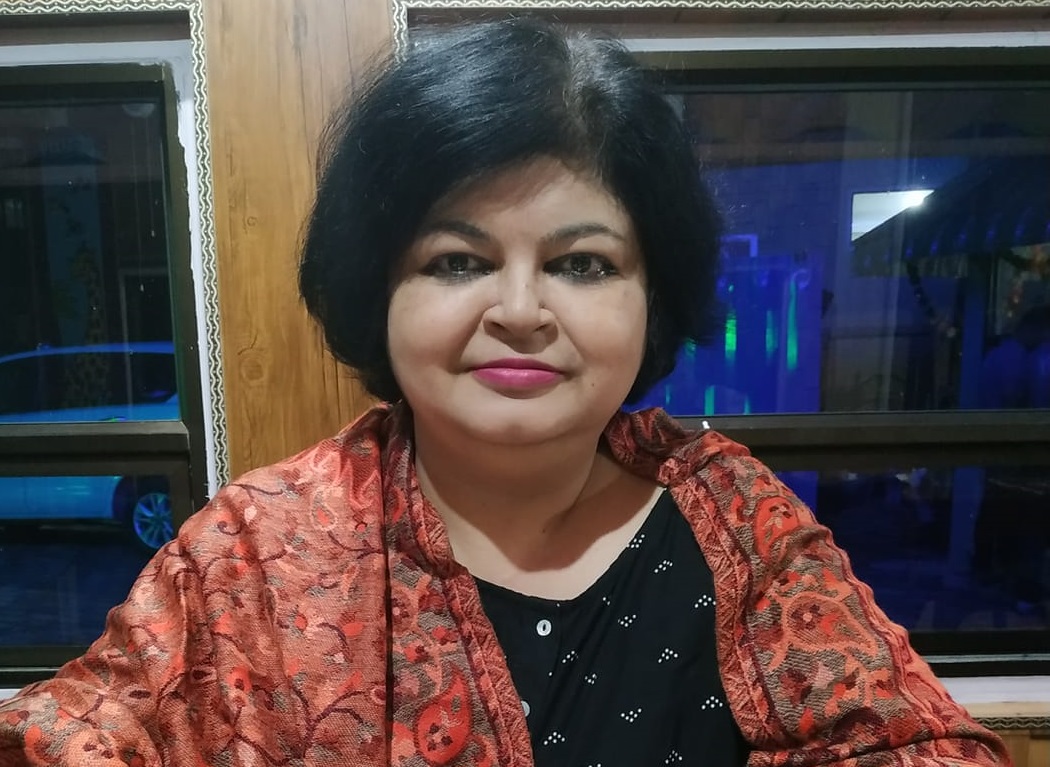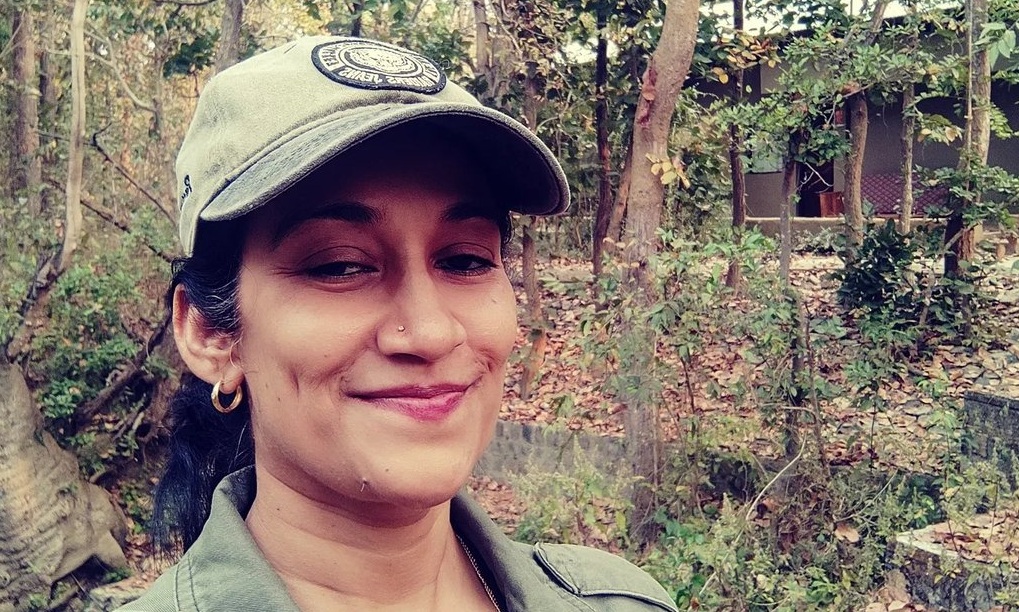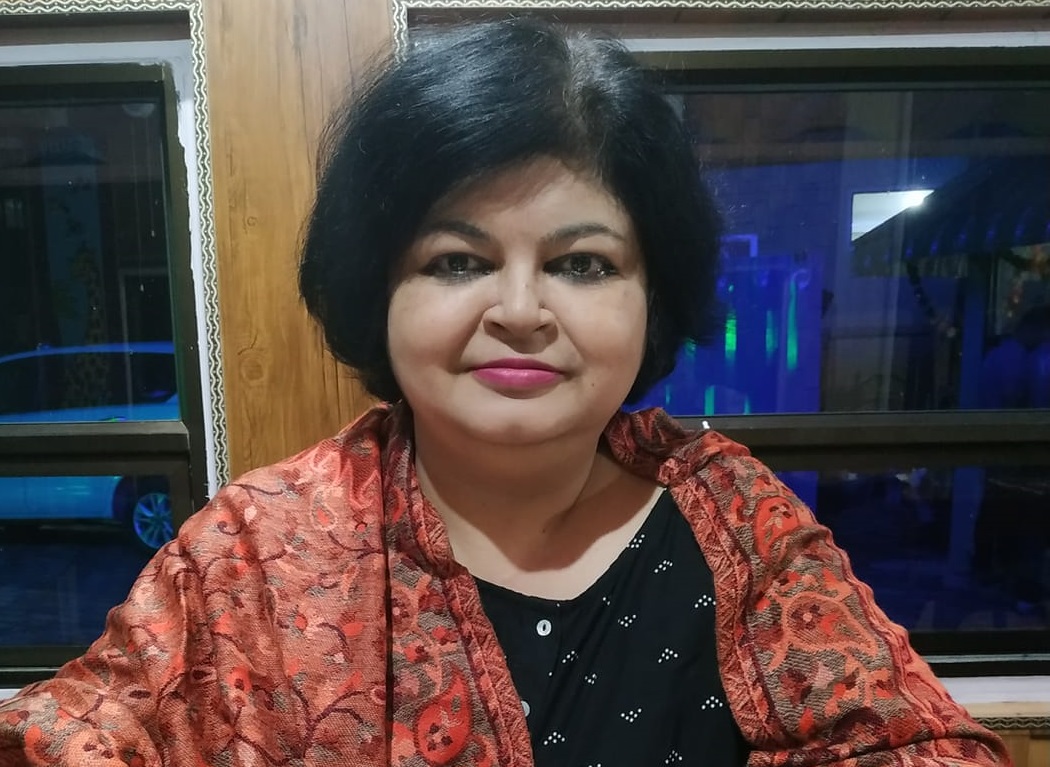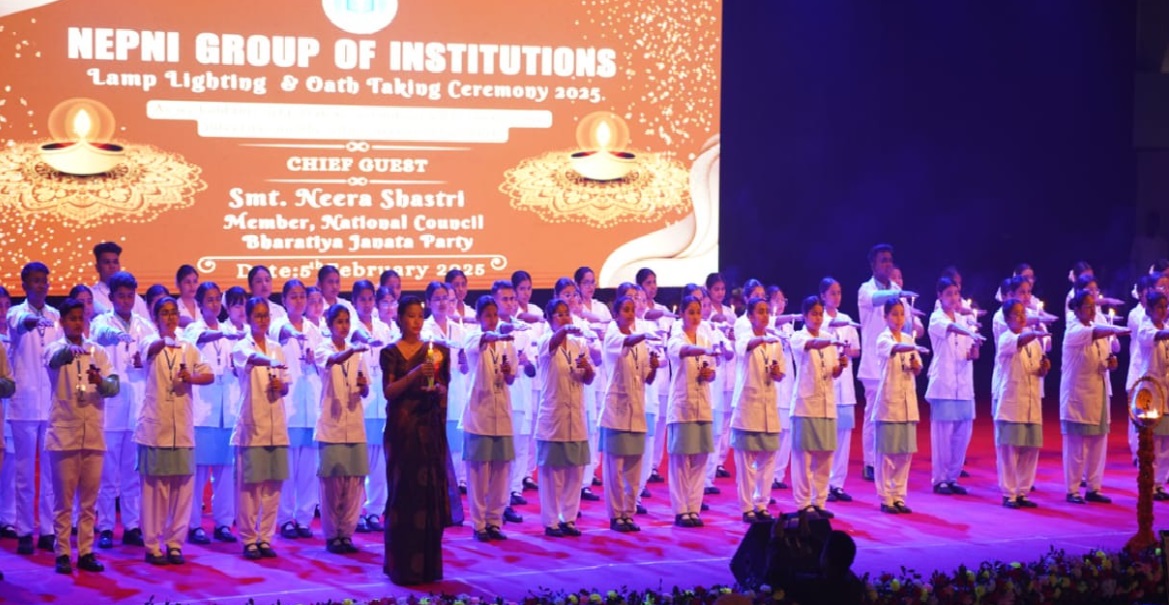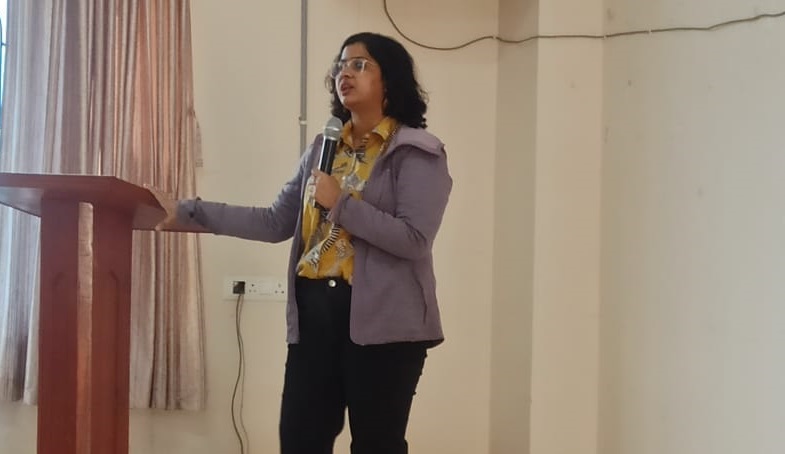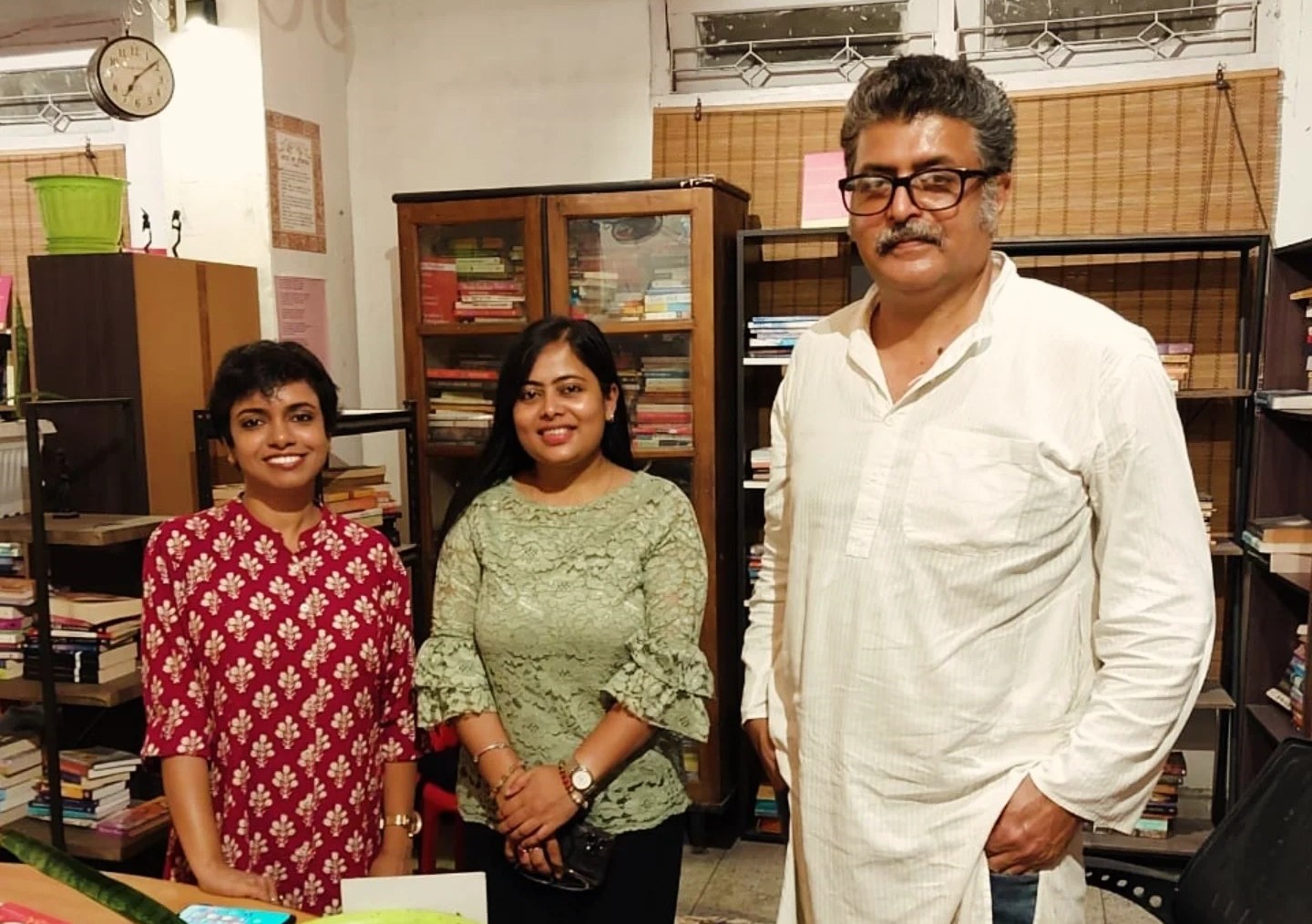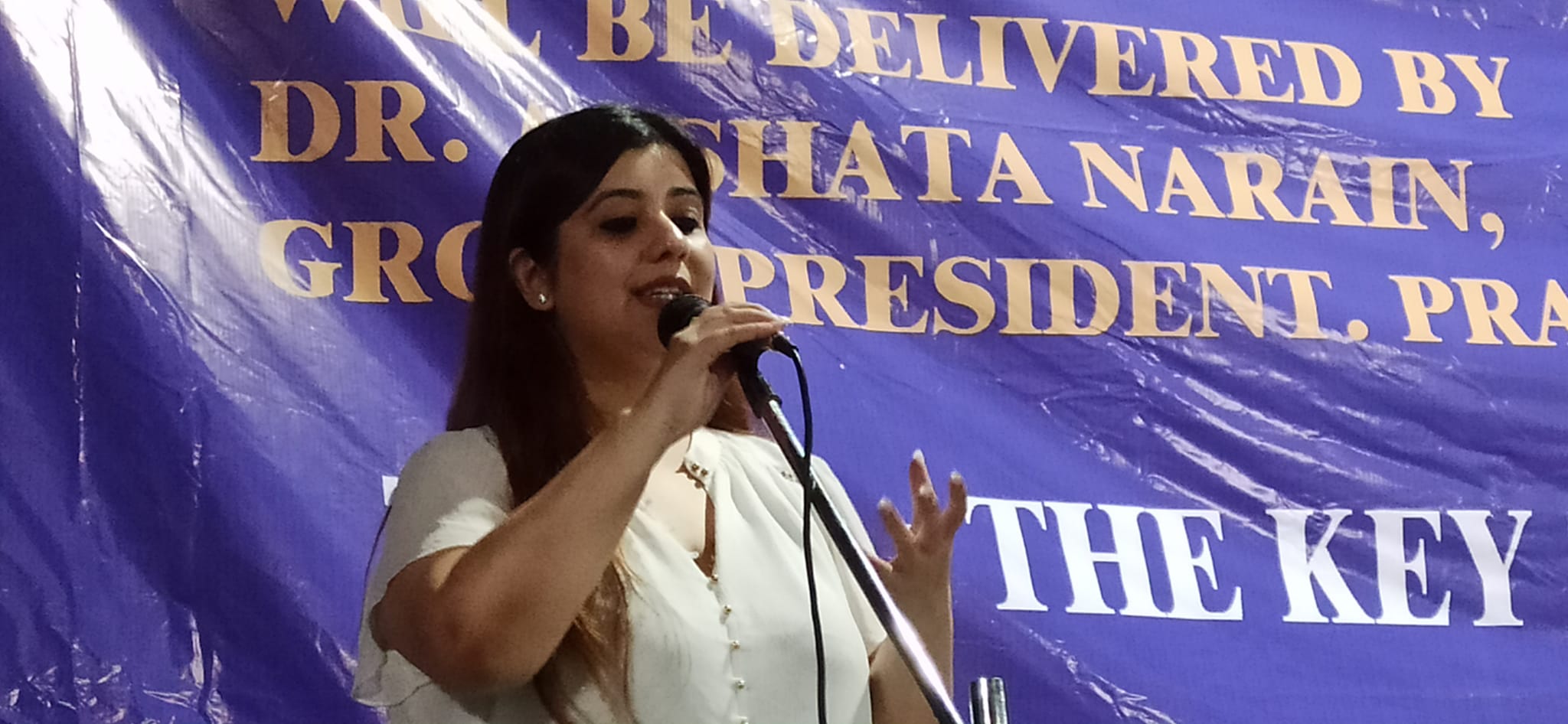“…..Nor certitude, nor peace, nor help for pain ;
And we are here as on a darkling plain
Swept with confused alarms of struggle and flight,
Where ignorant armies clash by night. “ (Matthew Arnold)
Find us on facebook: facebook.com/TheThumbPrintMag
He trod this profane and depraved world for many eventful years and with all his virtues became a legend in his life time. But was this the world that he had dreamt of?
Coming from the affluent and aristocratic family of the Khongiya Baruahs of Upper Assam and gifted with singular skill in academics, music and art and a keen business acumen, Hemendra Prasad Barooah was perhaps the luckiest person in this part of the world. His father, Rai Bahadur Siva Prasad Barooah was perhaps the richest man of Assam those days so much so that even the British tea companies used to take loan from him during the difficult days. Siva Prasad himself was a gifted person with a lofty vision whose palatial house at Thengal near Titabar was the centre of cultural and literary activities of a great many number of cultural icons of Assam including the great Geeti-Kabi Parvati prasad Barua. It was at Thengal that most of the sonorous music of Parvatiprasad were composed. When the pioneer of Assamese modern theatre Braja Sarma, was in dire distress on account of being virtually boycotted by the society for having brought the young Assamese women to act on the stage, Siva Prasad gave him shelter and arranged for him to stage plays in Upper Assam.
But most importantly , Siva Prasad, virtually single-handedly, set up a printing press inside his residential compound and published the first Assamese daily newspaper – “Dainik Batori” which was indeed a stupendous feat. Although both the newspaper and the printing press have now become parts of history, the building of the press proudly stands till this day as a splendid relic of a glorious past.
After having pursued a brilliant academic career in Assam standing sixth in the Matriculation examination of Calcutta University which those days covered besides Bengal and Assam, parts of Bihar and Odissa, Hemen Barooah initially went to the Presidency College at Calcutta for his Intermediate of Science and then moved to the Scottish Church College from where he graduated with Honours in English standing third among all successful candidates of the University. Thereafter, he went to America to study in Harvard and came out with flying colours with Masters degree in Business Administration from the famous Harvard Business School. Thus he became the first MBA of Harvard University from India’s Northeast. Marvin Traub of Bloomingdales, Peter McCollough of Xerox, Earnie Henderson III of Sheraton Group and others were his batch mates.
He then returned home to take care of their family tea gardens since his father had died some years ago and the gardens were being managed by his mother. But when he reached his home at Jorhat, he found to his utter dismay that their gardens had fallen on bad times and were facing serious financial crisis. Things had come to such a pass that, they had to consider disposing of some of the valuable assets in order to save the gardens from the brink of disaster. Hemen Barooah, who was only 23 at that time, had no opportunity of taking things easy for a while after the strenuous time that he had to go through during his student days. However, he never regretted it.
His mother Kamal Kumari Barooah was a remarkable lady and under her tutelage he put in all his time and energy with firm determination to restore the gardens to their earlier glory. His hard work and his mother’s wise counsel did not go in vain and within a relatively short time the property was restored to its original health. Then he started slowly but steadily acquiring new properties including gardens from the British companies. That way he built up his own empire of ten gardens with a production of 6 million kg of quality tea. Thus he set an example for the younger generation of the indigenous tea planters.
Like his father, he was a gallant person with an unusual foresight not only in the field of business but also in handling all kinds of complicated problems. His quality of leadership was extra-ordinary. At Calcutta, which is the hub of the tea industry, he was the most sought after person for his wise counsel at critical times.
In the early nineties of the last century, tea industry became the target of an insurgent group – United Liberation Front of Asom (ULFA) to be precise - who held sway particularly in Upper Assam. Killing, kidnapping and extortion had become very common and several tea planters had fallen prey to their wanton bullets. They once sent urgent summons to the bosses of the tea companies in Calcutta to Dibrugarh for a discussion regarding “development of Assam”. This created quite a fluster in the tea circles. Barooah was that time the Vice Chairman of Indian Tea Association and when his opinion was asked, without an iota of hesitation he said that since the industry had done nothing adverse to the interest of either the state or its people, they need not worry and they must go and boldly meet the insurgents. He offered to go himself at the head of a group of the industry ’s representatives totally unconcerned of his personal safety. This writer was a witness to his conversation with the insurrectionists in frank and the strongest terms. When one of them churlishly asked him as to why he was there without an invitation, Hemen Barooah came out like an arrow from a bow and told them that he was in a responsible position and he had come to defend his colleagues in the tea industry. They were somewhat taken aback but quickly controlled their jumpy nerve and appreciated his frankness. It was his undaunted approach and apt handling of things that kept the industry from harm’s way.
It was by virtue of his knowledge in various fields, his rare ability and outstanding leadership qualities that he had earned the distinction of being at the head of several prestigious organizations in Calcutta such as the Indian Tea Association, Bengal Chamber of Commerce & Industry, Tea Research Association. He was also a Director of the State Bank of India for eleven consecutive years, Indian Airlines etc.
It was in the Heritage Tourism of Assam that he blazed a trail. The tea garden bungalows of the colonial era always had an aura about them which attracted a large number of visitors and tourists. He, therefore, converted a huge bungalow at Sangsowa with all modern amenities and called it Burra Sahib’s bungalow. His ancestral home at Jalukonibari near Titabar rechristened “Thengal Manor”, also became a big tourist draw.
He gave the people of Assam, an invaluable asset in form of the Kaziranga Golf Resort – an 18 hole very well-maintained turquoise Golf course with facility for learning golf and idyllic surroundings with dining and billeting arrangements which are bound to draw large crowds from home and abroad.
He was totally devoted to his illustrious mother Kamal Kumari Barooah who was a guiding spirit in his life. To perpetuate her memory, he instituted Kamal Kumari Foundation in 1980 which did a great deal of social works including restoration of Namghars, republication of old and rare Assamese books and charitable activities But the most important work that the Foundation has done so far is inviting a number of distinguished scholars for giving away the Kamal Kumari National Award which gave the people of Assam the rare opportunity of meeting them and listening to them.
Hemendra Prasad was born and brought up in a family with a musical background. Many members of the family were gifted in music, the most prominent of them was Parbatiprasad. Dr. Bhupen Hazarika called his creations a flowing stream of the traditional thoughts and yet it’s a progressive one and eminently contemporary.
